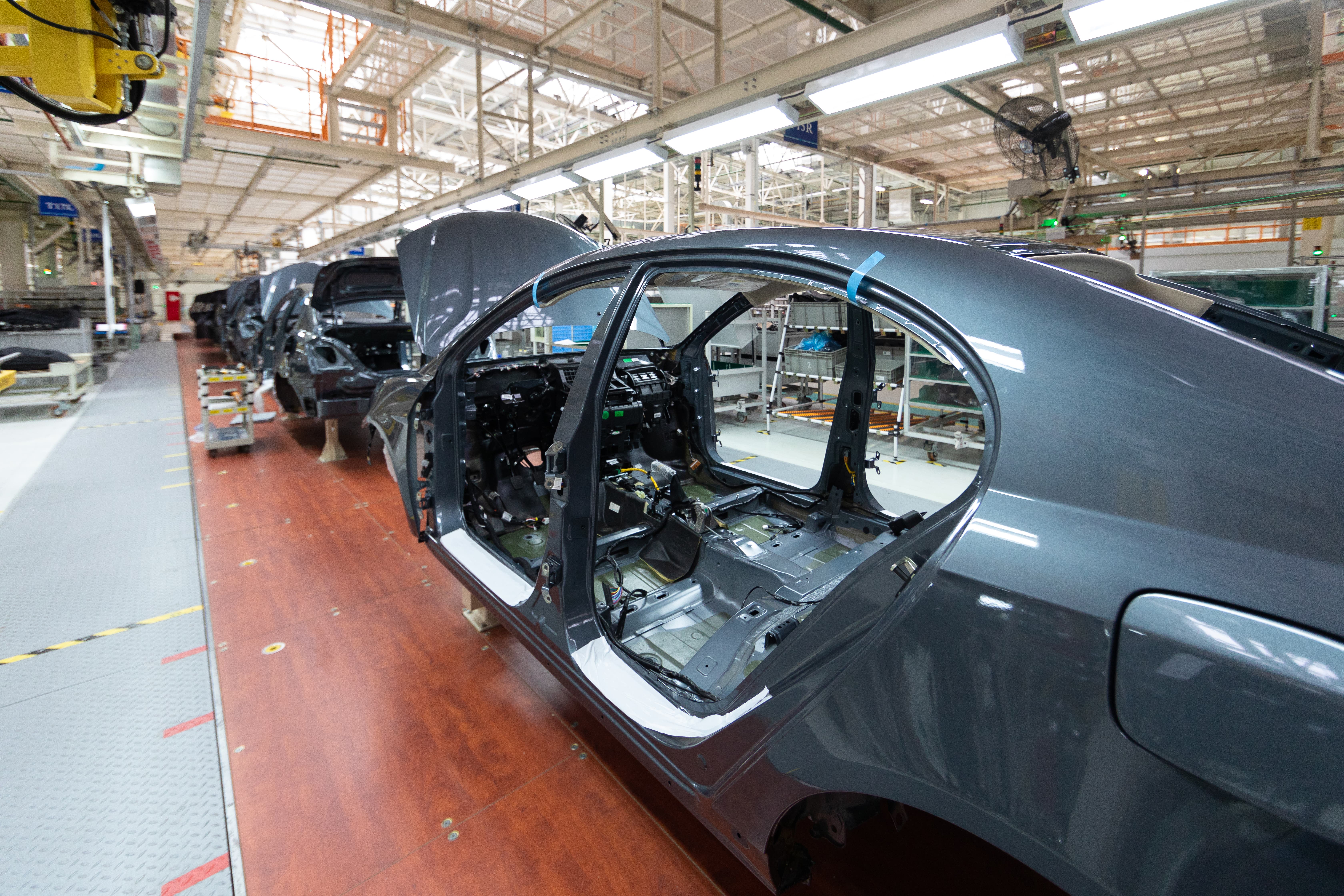Kazakhstan’s President Kassym-Jomart Tokayev has outlined a bold vision to transform the nation into a fully digital state within three years. He plans to leverage AI to modernise the economy and public administration.
At the opening of a new parliamentary session, Tokayev emphasised the need for comprehensive digitalisation to ensure socio-economic stability amid global challenges. A new Ministry of AI and Digital Development will drive the agenda under a Digital Code for AI, big data, and the platform economy.
Tokayev urged a revised investment policy to boost competitiveness, focusing on high-tech manufacturing instead of reliance on raw materials. The government has been tasked with streamlining investment processes, with the Prime Minister directly responsible for attracting funds.
The Asset Recovery Committee will be reshaped into the Committee for Investors’ Rights after recovering 850 billion tenge for public projects like schools and healthcare.
The President proposed parliamentary reform, calling for a unicameral Parliament elected by party lists by 2027, pending public debate and a referendum. The move aims to enhance legislative efficiency and align with global parliamentary traditions.
Agriculture, transport, and water management will undergo digital upgrades, with AI optimising land use, logistics, and resource conservation for sustainable development.
Kazakhstan will strengthen its Eurasian transit hub role with projects like the Trans-Caspian Route and a digital freight platform, Smart Cargo. Tokayev urged unity and patriotism to tackle global challenges and build a prosperous digital Kazakhstan.
Would you like to learn more about AI, tech and digital diplomacy? If so, ask our Diplo chatbot!










